Industry
Client
Social Commerce: Transforming Fan Engagement in Sports Marketing
Social commerce is changing the way fans interact with their favourite teams and brands. By integrating e-commerce directly into social media platforms, sports marketing agencies are making it easier for fans to buy merchandise, access exclusive products, and engage with content—all without leaving their favourite apps.
What Is Social Commerce in Sports Marketing?
Social commerce combines social media and online shopping, allowing fans to purchase merchandise directly through platforms like Instagram, Facebook, and TikTok. Instead of redirecting users to external websites, teams and brands can now sell within the platforms where fans are already spending time.
How Sports Marketing Agencies Are Using Social Commerce
Shoppable Posts – Teams and brands tag products in their posts, allowing fans to buy instantly. Instagram’s shopping feature has made this seamless, with clubs like Manchester United and Liverpool integrating it into their digital strategies.
Live Shopping Events – Clubs and brands host live streams featuring athletes, exclusive product launches, and limited-time offers. Fans can buy directly during these events, making the experience interactive and time-sensitive.
Influencer and Athlete Promotions – Sponsored content from players and influencers helps push merchandise while adding authenticity. Athletes posting their own kits or training gear can drive immediate sales.
User-Generated Content (UGC) – Encouraging fans to share their own posts wearing team merchandise, which can then be reshared by the club, increases authenticity and trust.
The Benefits of Social Commerce for Sports Marketing
Stronger Fan Engagement – Integrating shopping into social content keeps fans engaged longer. When they can buy within the same environment where they consume content, engagement rates increase.
Increased Revenue – Fewer steps between discovery and purchase lead to higher conversion rates. Social commerce reduces friction in the buying process, making impulse purchases more likely.
Valuable Data Insights – Purchase behaviour from social platforms provides marketing teams with data to refine targeting, content strategies, and future campaigns.
Challenges to Consider
Platform Dependence – Heavy reliance on platforms like Instagram or TikTok means any algorithm changes or restrictions could impact sales.
Content Saturation – The constant flood of social media content makes it harder for brands to stand out. Creativity and consistency are key.
Trust and Payment Security – Some fans are still hesitant to complete purchases on social media platforms. Brands must build credibility and provide secure payment options.
The Future of Social Commerce in Sports
As social commerce tools continue to evolve, sports brands and teams will need to adapt quickly. Expect to see more direct-to-fan sales, AI-driven personalisation, and enhanced interactive shopping experiences within social apps.
For sports marketing agencies, the opportunity is clear: the brands that integrate commerce seamlessly into their social strategies will be the ones that win fan engagement—and sales.
More of our insights…

Untapped Revenue in Social

AI & Sports Marketing
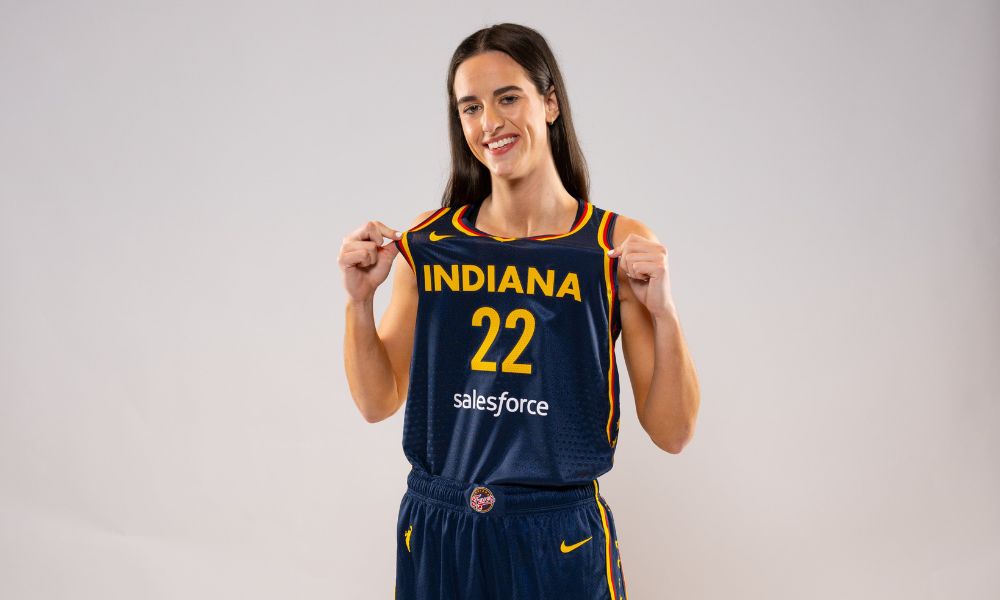
Who Invested in Women’s Sports

2024: Top 10 Sponsorship Deals
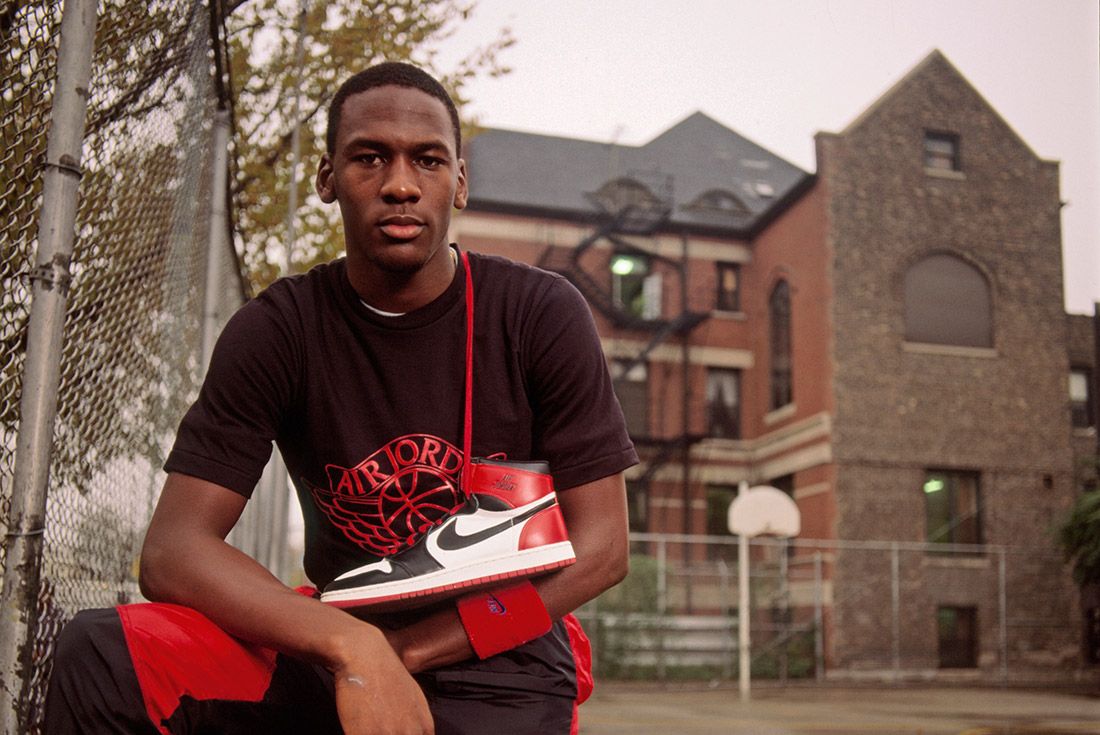
Sponsor Beyond Logo Placements
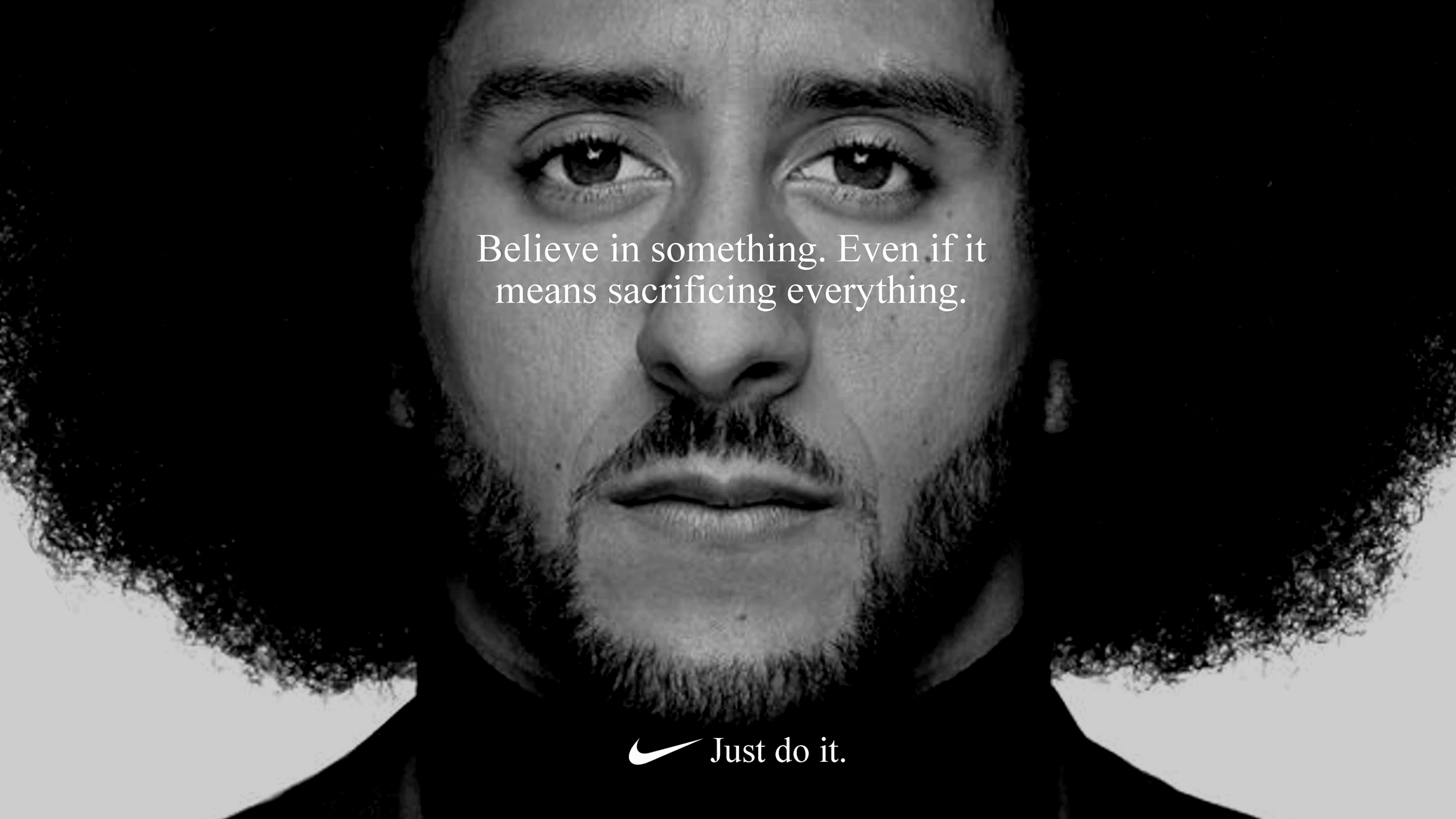
Purpose-Driven Campaigns

AI Model Influencers
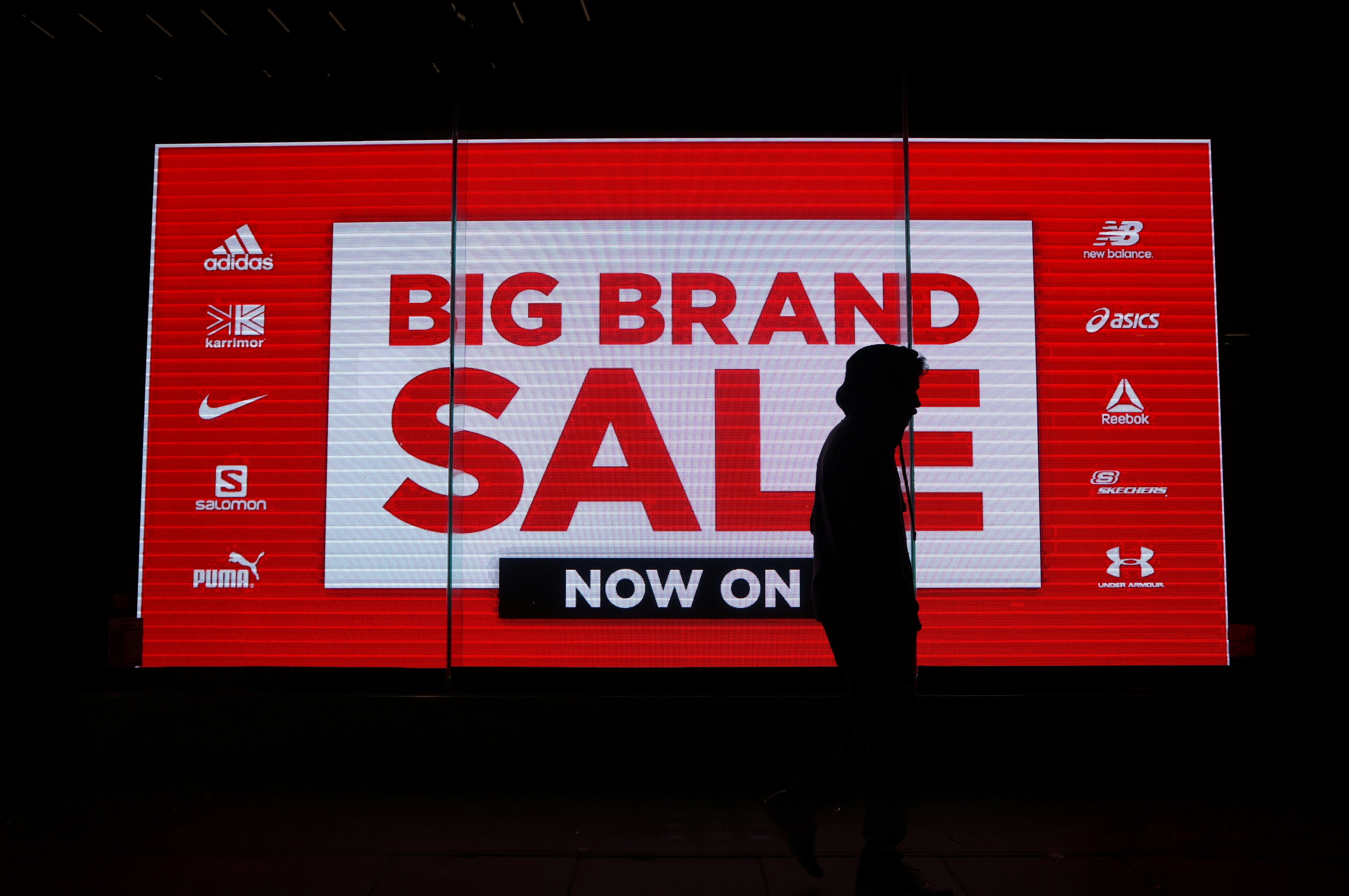
Social Commerce in Marketing

Hyper-Personal Sport Marketing

Stats in Womens Sport

Teams can get more from social

Creating good strategy

Why Relationships Matter
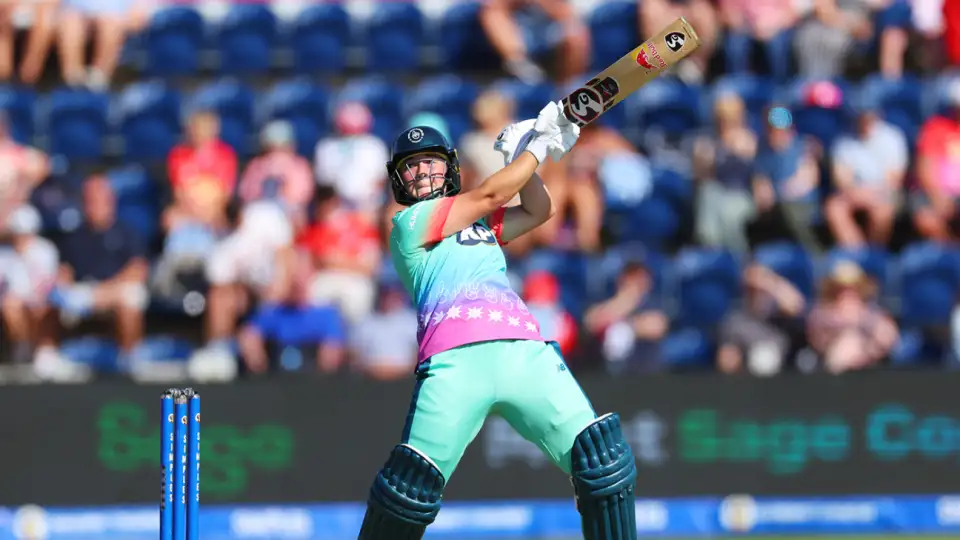
The Rise of Women’s Sports
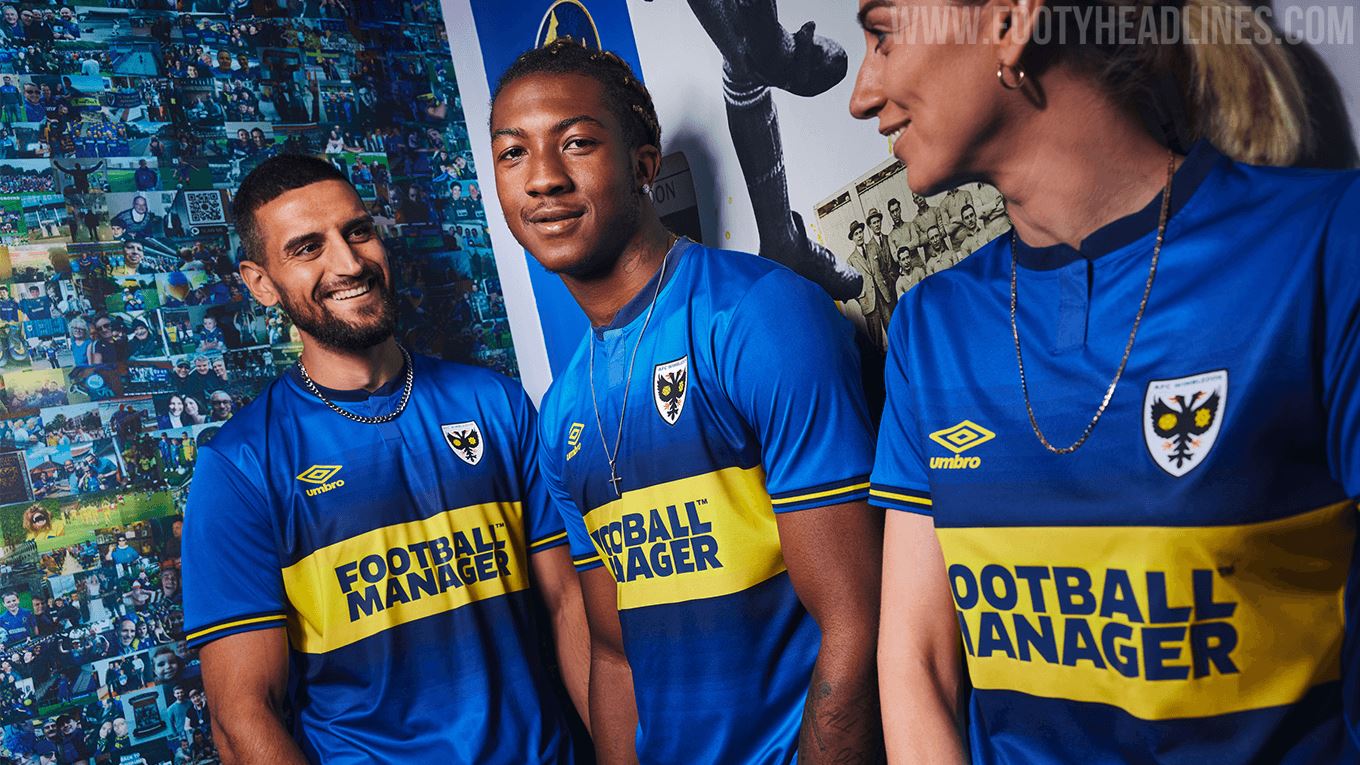
Strategise Your Kit Launch

Key 2024/25 Kit Launch Trends

Why teams need sports agencies
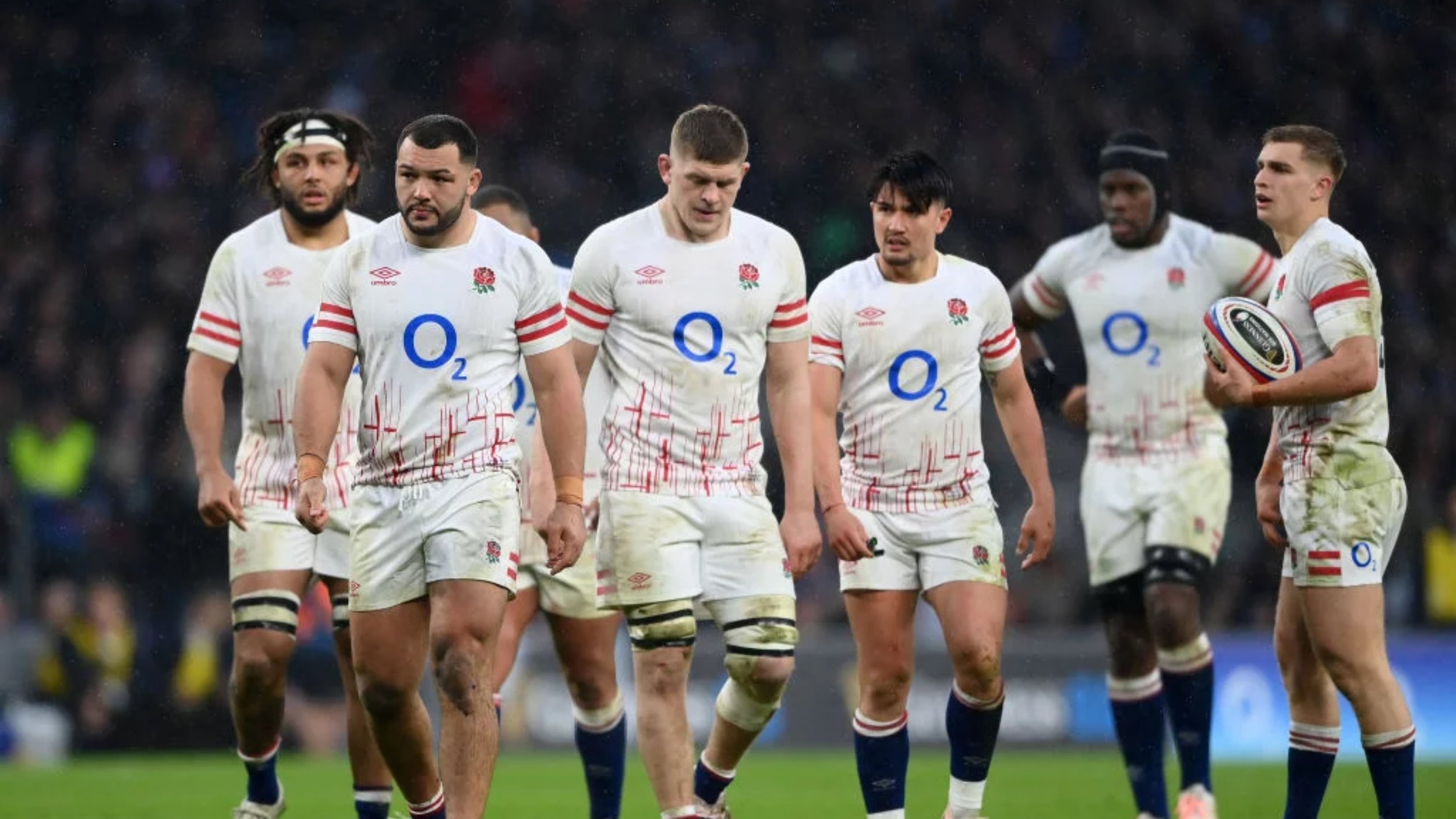
How does Rugby change?